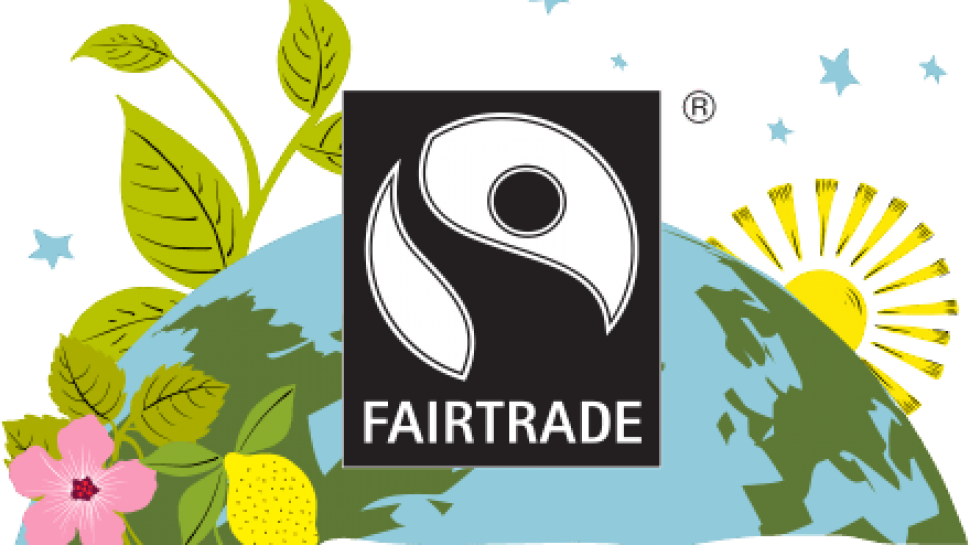Not all trade is fair! Farmers and workers at the beginning of the chain don’t always get a fair share of the benefits of trade. Fairtrade enables consumers to put this right.
Fairtrade is an alternative approach to conventional trade and is based on a partnership between producers and consumers. Fairtrade offers producers a better deal and improved terms of trade. This allows them the opportunity to improve their lives and plan for their future. Fairtrade offers consumers a powerful way to reduce poverty through their every day shopping.
The FAIRTRADE Marks are the globally recognized symbols of the international Fairtrade system. When you buy products with any of the FAIRTRADE Marks, you support farmers and workers as they improve their lives and their communities. Products bearing these Marks meet the internationally-agreed social, environmental and economic Fairtrade Standards. The FAIRTRADE Marks are registered trademarks of Fairtrade International.

Roughly 30 million smallholders produce most of the world’s coffee and cocoa (80% of all coffee and 90% of all cocoa), while tens of millions more produce tea, bananas and sugar.
Yet many of these farmers are trapped in a cycle of poverty, exacerbated by decades of price volatility, lack of resources to invest, global inflationary prices for food and farm inputs, and the impact of climate change. What’s more, the rampant consolidation of food companies has created an ‘hourglass economy’ that squeezes farmers:
Coffee: Three companies account for around 42 per cent of global coffee sales. Coffee growers receive 7-10 percent of the retail price of coffee in supermarkets while 33 percent goes to the retailer.
Cocoa and chocolate: Global cocoa supplies are controlled by just nine companies: three grinders and six chocolate and confectionery companies. In 2010, four companies accounted for 56 percent of the world’s US$82.5 billion chocolate sales. Cocoa growers receive just 3.5-6 percent of the average retail value of a chocolate bar, compared to 18 percent in the 1980s.
Tea: Seven companies control 85 percent of tea production through their factories and estates. Smallholder tea growers are likely to receive less than 3 percent of the retail value of tea, and often less than 1 percent.
Bananas: Of the retail price of bananas, only 5-10 per cent goes to the small-scale producers.
Sugar: Figures from 2009 suggest that small sugar growers in Uganda received around 14 percent of the UK retail price of sugar and 11 percent of the US price.




Share the News